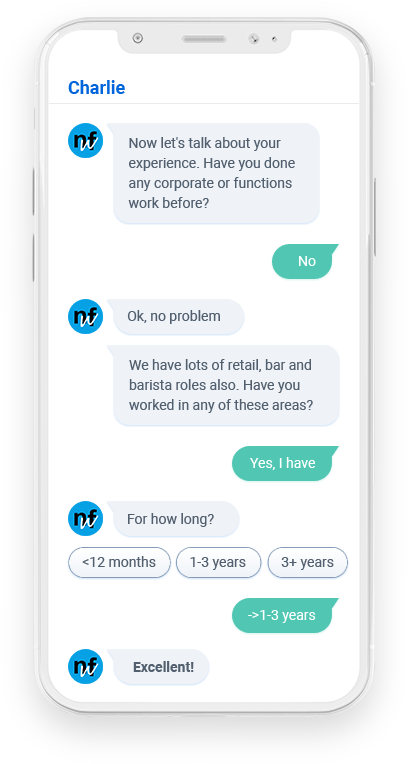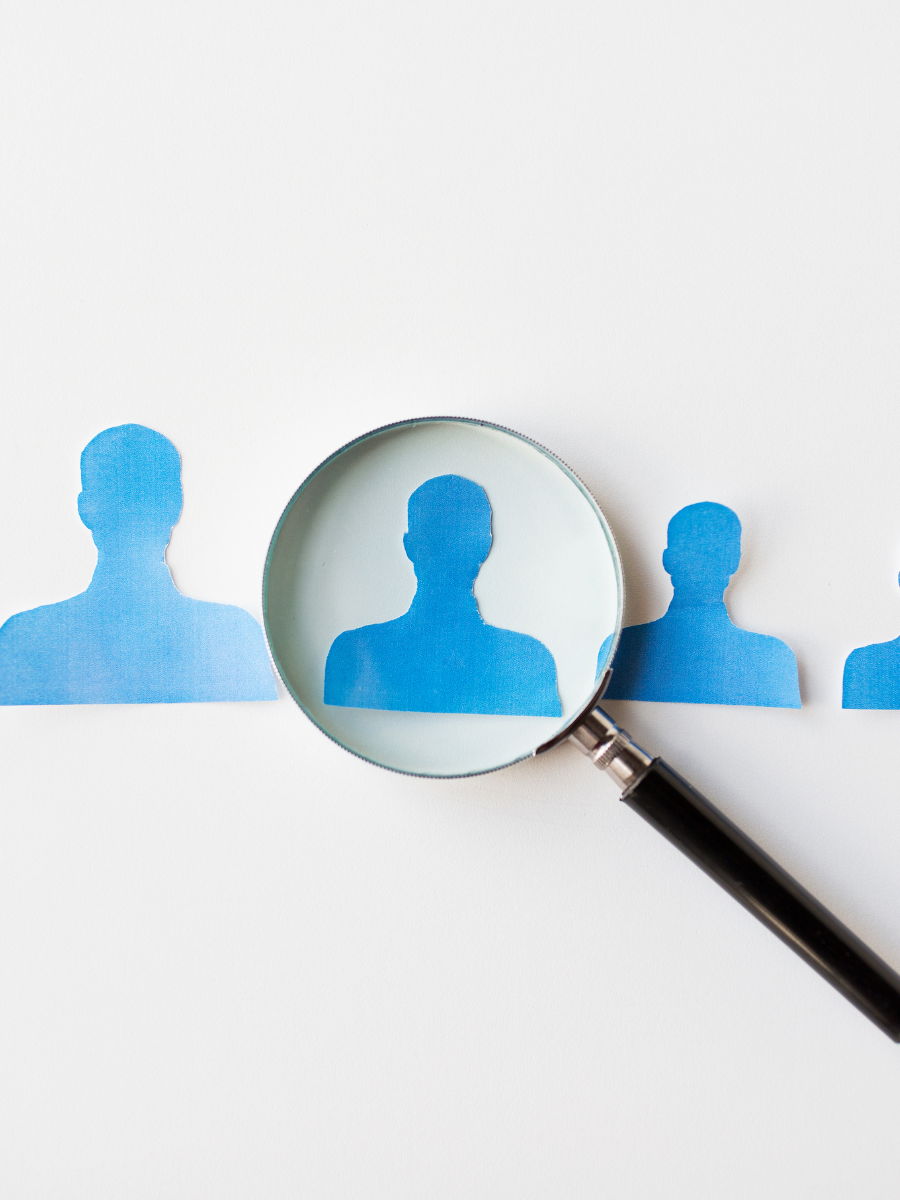The Rise of AI in Recruitment: Q&A with smartAI Founder Raj Soni


Summary
Raj Soni has always been excited by the potential of artificial intelligence (AI), and how it can help solve complex business challenges.
With a background in tech in the recruitment sector, his smartAI brand focuses on leveraging AI to streamline processes and enhance the experience for both candidates and recruitment businesses.
We spoke with Raj to tap into his expertise on all things AI, and how the technology could impact the recruitment sector.
When did you first start working on AI, and realise its potential?
I started working on AI projects in 2017 and launched smartAI in 2018. Back then the technology didn’t have the profile it has today. I began developing fairly basic integrations with Facebook’s Messenger recruitment applicant tracking system (ATS) to help solve common queries an employee may have. I knew I was onto something by the positive feedback I got. People were really excited by the capability and potential.

Raj Soni, Co-Founder smartAI
Is AI technology inevitable in the recruitment sector?
Yes, many recruitment businesses will have some form of AI integrated in the next two years. This will vary by sub-sector, but even those who are resistant to AI will adopt it in some form within two to three years.
Can you describe how one of your AI tools works?
Our chat bot, Charlie, uses natural language processing (NLP) to chat with candidates and automate numerous processes - like screening a new candidate for the job they have applied, insure they are complaint or update their compliance certificates when it expires, provide responses to frequently asked questions and many more. He can also schedule interviews, record the conversation, and even recommend other roles for the candidate. Charlie can also work 24/7 and respond to 100s of candidates, all at the same time. This functionality is a game-changer for blue collar recruiters, who are dealing with large volume roles.

What kind of impact will AI have on the recruitment sector?
AI will have a significant impact on all sectors of our economy, and recruitment is no exception. It’s ability to conduct a lot of complex processes at scale means it will open lot of opportunities in recruitment that we did not have before. AI will be part of every step, from sourcing staff, right through to off boarding an employee.
But, for me the biggest impact it will have is on the candidate user experience (UX).
If you’ve applied for a job, you wouldn’t want to wait 2 to 3 days - or longer - to hear whether you’ve been successful or not. This is because a human must sort through hundreds of resumes and screen each one. With an AI working for you - the candidate gets screened immediately and is notified right away on the progress of their application.
Some of our brands operate in the health and care sectors, where human oversight and a personal touch are crucial. Does AI have a place in those cases?
Yes, definitely. It’s a complementary relationship. AI can actually help make a human workforce more human – by taking over all those repetitive tasks, like screening thousands of candidates, checking compliance certificates and managing expiry dates. This frees people to focus on delivering a superior candidate and client experience.
There is negativity around AI, particularly its potential impact on jobs – what is your
perspective?
There is a perception that AI is competition for humans – and will replace us. Ultimately AI is there to help, support and complement us (humans). There were similar concerns when computers first entered the workplace – and people panicked that they would result in job losses. In fact, the converse happened – many new roles were created. Technology changes the type of jobs we do. We also forget that humans are actually very good at adapting and upskilling - and people are capable of so much more.

What about AI and bias?
One must remember that any AI, ‘bot’ or algorithm is a product of the data it is trained on – and the humans who build this data. Humans can be a lot more biased. A recruiter assessing an applicant, they could be making (sub-conscious) judgements based on the candidate’s appearance, sex, race, the way they speak or where they live. AI does not suffer from this bias – it works with the data it is given, like the key criteria for the advertised role.
So, there are no negatives?
Ultimately, it’s how humans choose to use and develop a technology. I like to use the example of uranium and splitting the atom. This was initially developed for energy production, but we created the nuclear bomb. We just need to make sure that we use AI for good.
What obstacles or friction do you encounter when you implement AI for a business?
The most common thing we experience is how the change is managed in a business. Leadership may be very positive about integrating the technology, but may not have been able to communicate this effectively with the rest of the team. If the team is not educated on the main purpose of introducing the tool (AI or not) and provided assurance that the tool is here to help them not compete with them, the adoption can become challenging.
Is there a feature you are working on which you are excited about?
Yes, a module that we are building in our onboarding app is pretty cool. As soon as someone has completed their onboarding formalities in the recruitment database, the bot then sweeps through all open jobs and provides a suggestion to the recruiter on other potential opportunities that exists in the database that this candidate may be suitable for.
Learn more about smartAI and the work they do in the field of AI and recruitment.
GET IN TOUCH
Get in touch for more information about us and our services, or if you have a question.